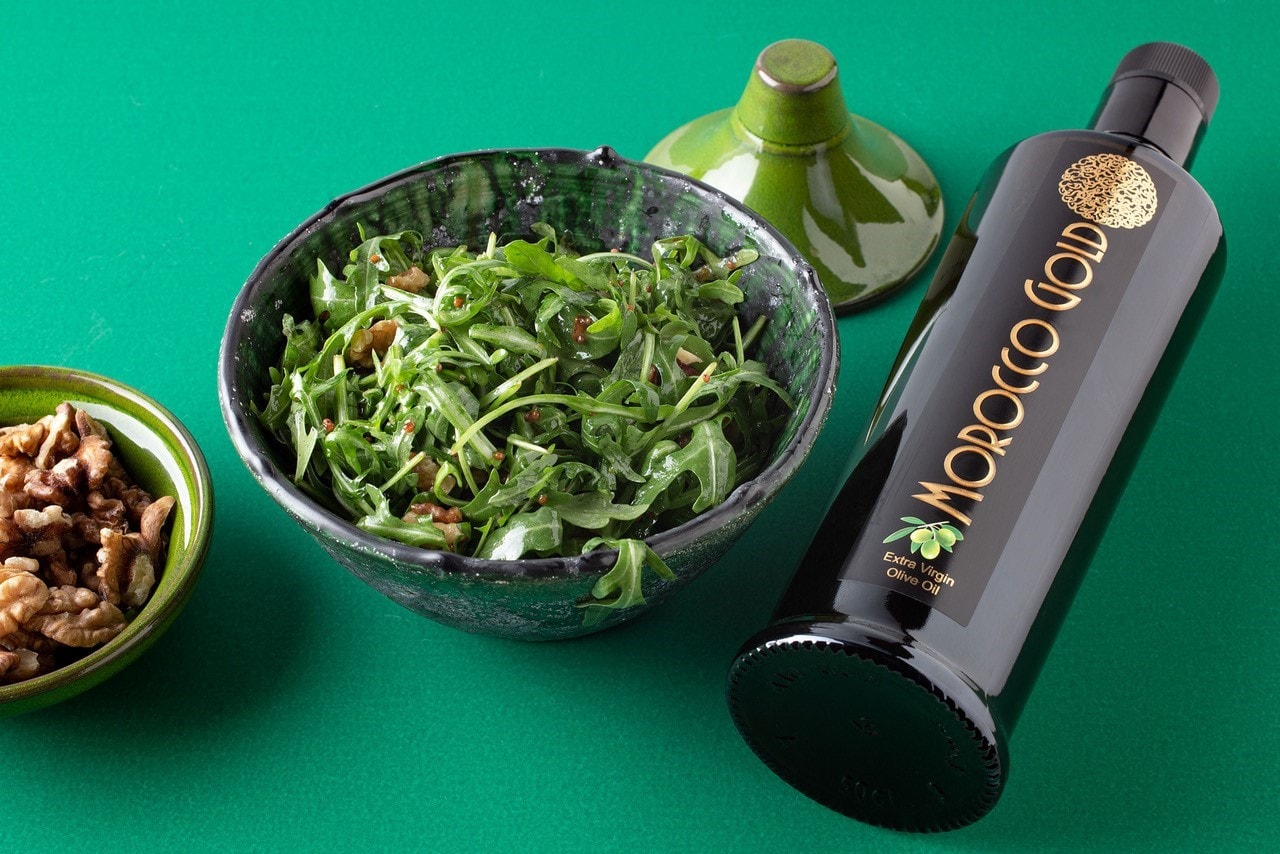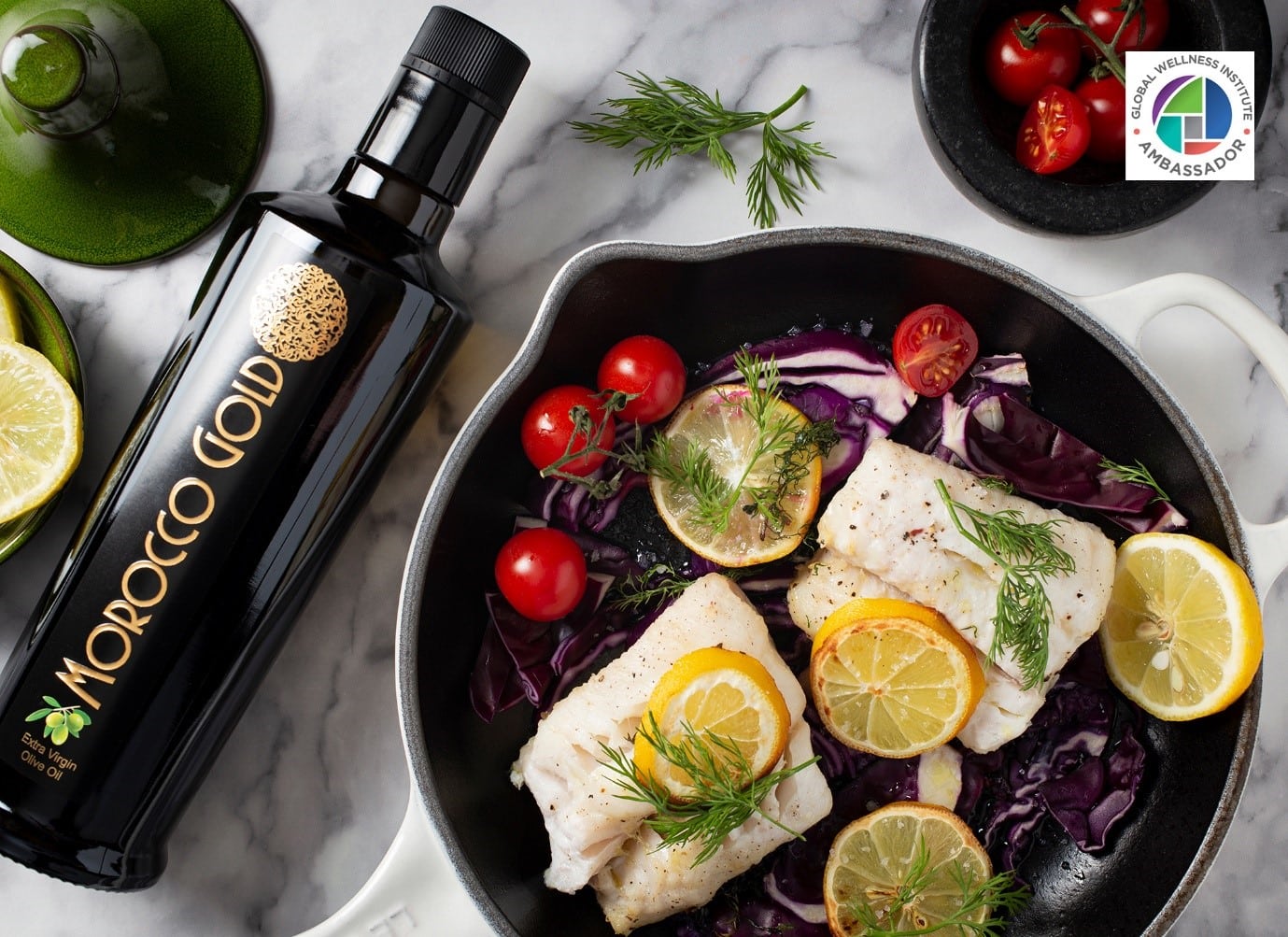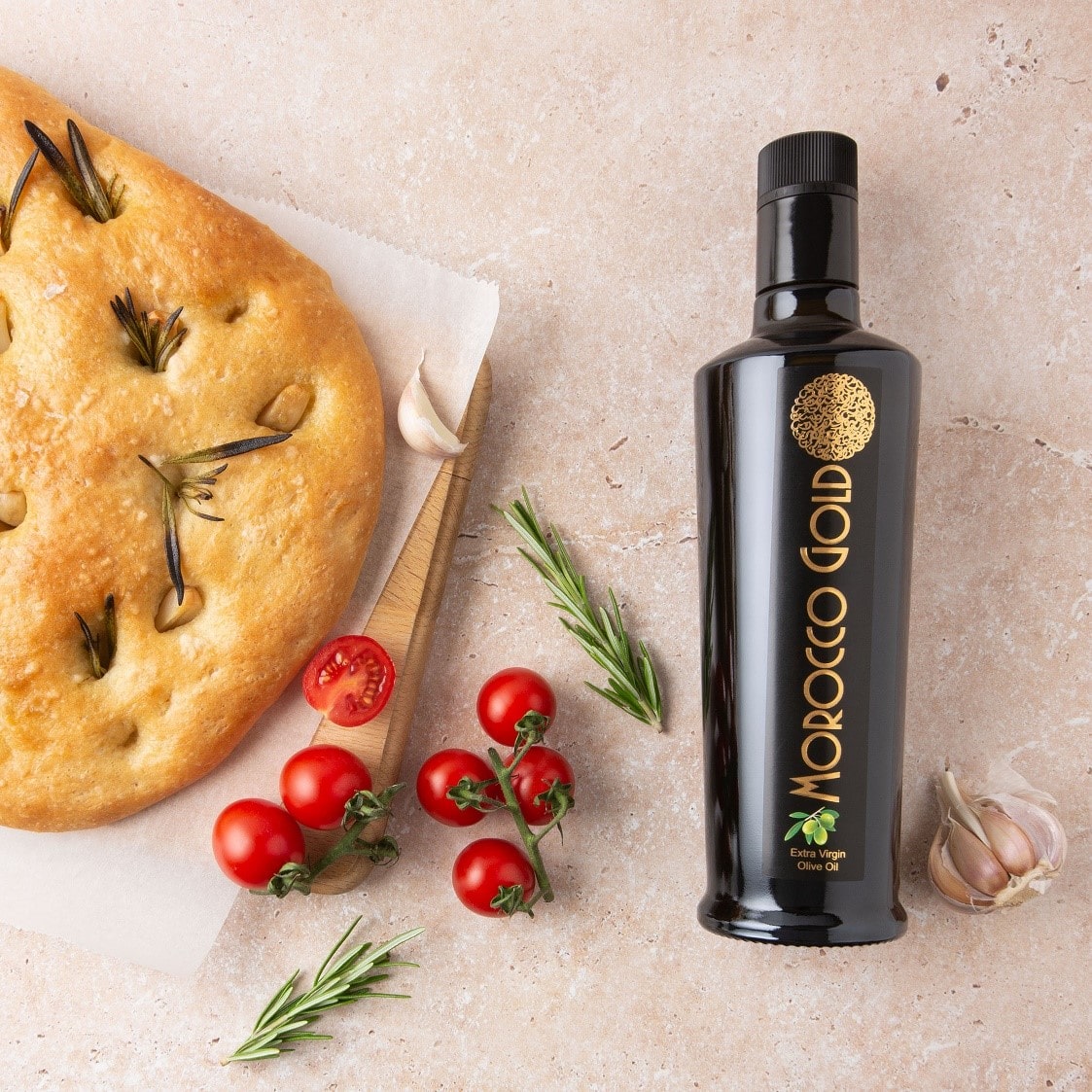
Summary
Contents
Dietary fats are an essential part of a healthy diet
Fats provide energy and are a crucial part of a healthy diet. According to the American Heart Association, they also enhance cell growth and regeneration as well as aiding the absorption of nutrients to help with the creation of essential hormones.
Dietary fats are indeed an essential part of a healthy diet. Providing numerous health benefits, they are crucial for various bodily functions here are some of the reasons why.
Energy Source: Fats are a concentrated source of energy, providing 9 calories per gram (more than double that provided by carbohydrates and proteins), making them an efficient energy storage solution.
Nutrient Absorption: Certain vitamins, such as A, D, E, and K, are fat-soluble, meaning they require fat for absorption. Without adequate fat in the diet, the body cannot effectively absorb these essential vitamins.
Cell Structure: Fats are integral components of cell membranes, influencing their fluidity and function. Phospholipids, a type of fat, are especially important in cell membrane structure.
Hormone Production: Fats are necessary for the synthesis of hormones, including sex hormones like oestrogen and testosterone and other vital hormones such as cortisol.
Brain Health: The brain is composed of nearly 60% fat; therefore, fats are critical for maintaining brain health. In particular, Omega-3 fatty acids play a crucial role in cognitive function contributing to overall mental health.
Heart Health: Healthy fats, such as those found in olive oil, avocados, nuts, and fatty fish can reduce inflammation and lower the risk of heart disease by improving cholesterol levels and reducing blood pressure.
Satiety and Weight Management: Fats are more slowly digested than carbohydrates and proteins, promoting a feeling of fullness and reducing overall calorie intake, which can aid in weight management.
Skin Health: Essential fatty acids help maintain the skin’s barrier function, keeping it hydrated and protected from external damage.
Olive oil is the only fat which contains high levels of antioxidants known as polyphenols and consists of mainly healthy monounsaturated fats. This makes extra virgin olive oil, without question, the healthiest of all fats.
Research finds that not all calories are necessarily equal
Whilst health-conscious consumers naturally want to know how many calories are in olive oil, research tells us that not all calories are necessarily equal.
Studies tested a selection of diets on overweight patients and found that those on a high-carbohydrate diet consistently gained or sustained weight, even when consuming a limited number of calories. Conversely, subjects on the high-fat diet lost considerably more weight, even when consuming excess calories.
A further study in The Journal of the American Medical Association also challenges the notion that a “calorie is just a calorie.”
The purpose of the study was to learn what kind of diet aided subjects in maintaining their new weight after an initial successful loss.
The results indicated that for those wanting to achieve a lasting and sustained weight loss, a moderate to high percentage of calories from fat both increased the subject’s energy expenditure and reduced the surge in blood sugar levels after eating. In contrast, a low-fat diet promotes weight regain and makes it a less favourable option for those trying to achieve and maintain a lasting weight loss.
Avoiding excess weight gain by incorporating Extra Virgin Olive Oil into your diet
Eating excess calories is only one reason for becoming overweight. Incorporating extra virgin olive oil into your diet can help counteract other factors responsible for fat buildup.
Adding EVOO to your diet provides your body with important nutrients and all the healthy fats it needs, thus reducing the cravings that lead to nutrient-empty foods like soft drinks, biscuits and breads.
By utilising nutrient-rich extra virgin olive oil alongside vegetables and protein in your diet, you can avoid excess consumption of weight-inducing sugars and grains.
Consumption of man-made trans fats found in hydrogenated and refined vegetable oils interferes with numerous biochemical processes in the body and can cause serious health problems, contributing to weight gain. Using EVOO instead can begin reversing the negative effects of trans fats.
Many people consume EVOO strictly for its antioxidant power, but beyond that, the nutritional value of olive oil makes you full and satisfied. By feeding your body the healthy fats it needs and increasing your intake of olive oil, research shows you will feel fuller for a longer period of time and be less tempted to overeat, making extra virgin olive oil an important aid in weight loss and improved health for adults and kids alike.
The overall benefits of calories delivered by EVOO
- Heart Health: Olive oil is rich in monounsaturated fats, particularly oleic acid, which has been shown to reduce inflammation and lower the risk of heart disease. It can also help reduce bad cholesterol (LDL) levels while maintaining or increasing good cholesterol (HDL) levels.
- Anti-Inflammatory Properties: Olive oil contains antioxidants, such as oleocanthal, which can reduce inflammation in the body. Chronic inflammation is a key driver of many diseases, including heart disease, cancer and diabetes.
- Antioxidant-Rich: Besides oleocanthal, olive oil is loaded with other antioxidants, such as vitamin E and polyphenols, which can protect your cells from damage caused by free radicals and reduce the risk of chronic diseases.
- Weight Management: Whilst technically high in calories, the healthy fats in olive oil can promote satiety and help control appetite, potentially aiding in weight management. Diets rich in monounsaturated fats have been shown to help people lose weight or prevent weight gain.
- Improved Digestion: Olive oil can have a mild laxative effect, which can help improve digestive health and prevent constipation. It also helps in the absorption of fat-soluble vitamins (A, D, E and K).
- Skin Health: The antioxidants and healthy fats in olive oil can also benefit the skin, helping to protect it from damage, moisturise and reduce signs of aging.
- Brain Health: The monounsaturated fats in olive oil are also beneficial for brain health, potentially improving cognitive function and reducing the risk of neurodegenerative diseases such as Alzheimer’s.
Studies into the calories in EVOO
Several studies have examined the effects of the calories in olive oil, focusing on its health benefits, particularly those derived from its monounsaturated fats and antioxidants. Here are some notable findings:
- PREDIMED Study (2013):
- Overview: This large, long-term randomised trial examined the effects of the Mediterranean diet, which includes a high intake of olive oil, on cardiovascular health.
- Findings: The study found that participants who consumed a Mediterranean diet enriched with extra-virgin olive oil had a significantly lower risk of major cardiovascular events compared to those on a low-fat diet.
- Olive Oil and Weight Management:
- Study (2018): A review published in Nutrients examined the impact of olive oil on weight gain and obesity.
- Findings: The review concluded that olive oil, despite being calorie-dense, does not contribute to weight gain when consumed as part of a balanced diet. Instead, it may aid in weight management by promoting satiety and improving metabolic health.
- Anti-Inflammatory Effects:
- Study (2005): Research published in Nature identified oleocanthal, a compound in extra-virgin olive oil, as having anti-inflammatory properties similar to ibuprofen.Findings: The study highlighted that the regular consumption of olive oil could provide anti-inflammatory benefits, which are crucial for preventing chronic diseases.
- Olive Oil and Diabetes:
- Study (2017): A systematic review and meta-analysis in Nutrition & Diabetes looked at the impact of olive oil consumption on type 2 diabetes.
- Findings: The study found that higher olive oil intake was associated with a reduced risk of type 2 diabetes and improved blood sugar control in those already diagnosed with the condition.
- Cognitive Function:
- Study (2015): Research published in JAMA Internal Medicine explored the effects of a Mediterranean diet supplemented with olive oil on cognitive function.
- Findings: The study concluded that individuals following this diet had better cognitive performance and a lower risk of cognitive decline compared to those on a low-fat diet.
These studies collectively emphasise the health benefits of the calories in olive oil, highlighting its role in promoting heart health, aiding in weight management, reducing inflammation, and supporting cognitive function.
Overview: This large, long-term randomised trial examined the effects of the Mediterranean diet, which includes a high intake of olive oil, on cardiovascular health.





